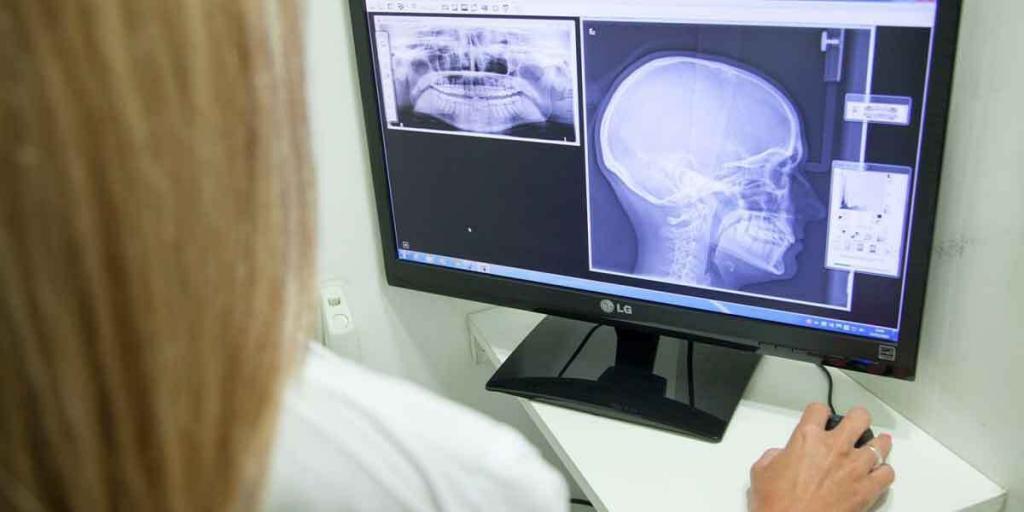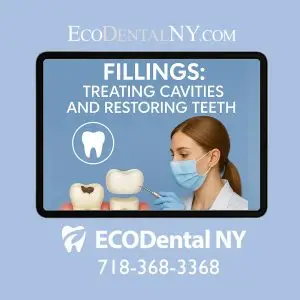You may be thinking about getting a dental implant to replace your missing teeth.
Dental implants have a success rate of 95 percent.
Not only do dental implants replace your lost teeth, but they also offer support to crowns, dentures, and bridges. The benefits of dental implants are many, including durability. However, before undergoing the treatment, you need to understand how safe it is for you.
Dental implants have a success rate of over 95 percent. The installation is carried out through a surgical procedure while the patient is under sedation. The implant is then left in place to heal, a process that takes between four and six months.
Unlike bridges and crowns, dental implants do not cause damage to adjacent teeth during installation. They also shield you from further bone loss, and if you take proper care of them, they can last up to 15 years.
Dental Implants and Allergies
Dental implants are made from titanium material. While other metals used to create artificial dental products are capable of corroding and releasing harmful substances that can trigger allergies, titanium is well known for its resistance to corrosion.
People who are allergic to titanium may develop a skin rash or implant failure after installation. However, cases of this allergy are rare. Most people who experienced it did not tell the dentist that they had an allergy challenge. Therefore nothing was done to ensure that they do not react to the implant.
Implants and Infections
One of the concerns posed by individuals who want to have dentures installed is the issue of infection. Some patients and dental specialists have argued that the risk of infection is high during and after the installation of dental implants.
Although this may sound true, there is more controversy related to it. When getting your implant installed, your dentist will give you some dental hygiene procedures that you must observe to ensure that you do not get an infection.
Failure to commit to these procedures puts you at risk of infections and other dental complications. Take your medications as instructed, brush, and floss regularly and maintain regular checkups to ensure that your implant remains clean and free from disease-causing bacteria.
Implants and Excruciating Pain
Pain is always part of every surgical procedure. The pain of installing a dental implant is not as severe as people claim it to be. It is almost similar to the pain experienced when extracting wisdom teeth.
When a skilled dentist does the procedure, you may only experience a slight discomfort because you will be under anesthesia.You also have the option of using painkillers to ease the pain. Using them ensures that you recover as quickly as possible.
Dental Implant Failure
The titanium material used to make implants is strong and locks naturally within the jawbone. This makes the implant ideal for replacing natural teeth.
The failure rate for this treatment over the past decades has been minimal. The fact that people have continuously used implants for a long time proves that they are effective as a tooth replacement option.
In the past, patients who have experienced implant failure cite various causes that are not related to the implant itself. For instance, if you get the implant installed by an unskilled dentist who has never done the procedure before, you may experience challenges or failure altogether.
There is also a higher likelihood of implant success if it is installed using the latest technological procedures. That is why it is essential to make the necessary preparations before getting an implant treatment done.
Find out if the surgeon has performed similar procedures and whether they are capable of handling any complications that may arise during the surgery. Discuss with them the entire treatment process and ensure you understand the plan.
And to ensure that your dental implant remains safe, be sure to follow all the instructions given by your dentist, including:
- Observing the right oral hygiene and maintenance for the implant
- Visiting your dentist regularly for check-up and resolution of any existing problems with the implant
- Living a healthy lifestyle that promotes good dental health – for instance, if you are a heavy smoker, you may need to stop or minimize it until the dentist confirms that you are completely healed.
No surgical procedure carried out in a hospital or clinic is 100 percent risk-free. This applies to dental implants as well. However, the treatment is considered the most effective and the most predictable in dentistry.
Closing Remarks
If you intend to get the treatment done, be sure to discuss your concerns with your dentist who offers “dental implants near me” services in advance to ensure that you are making an informed decision.




